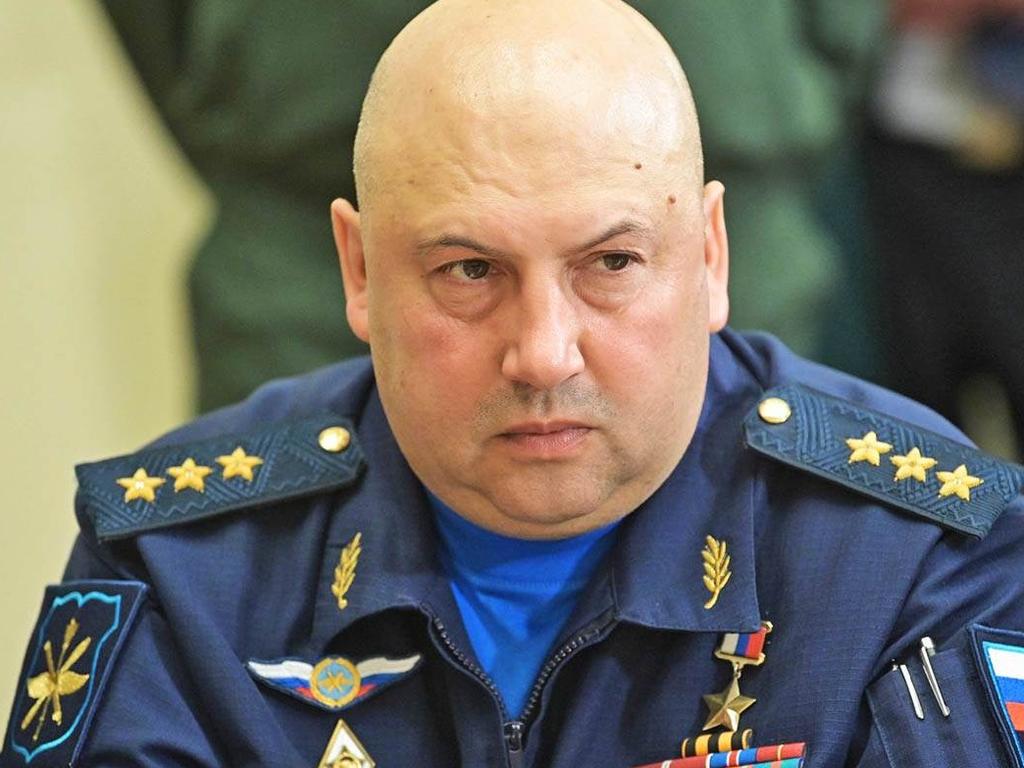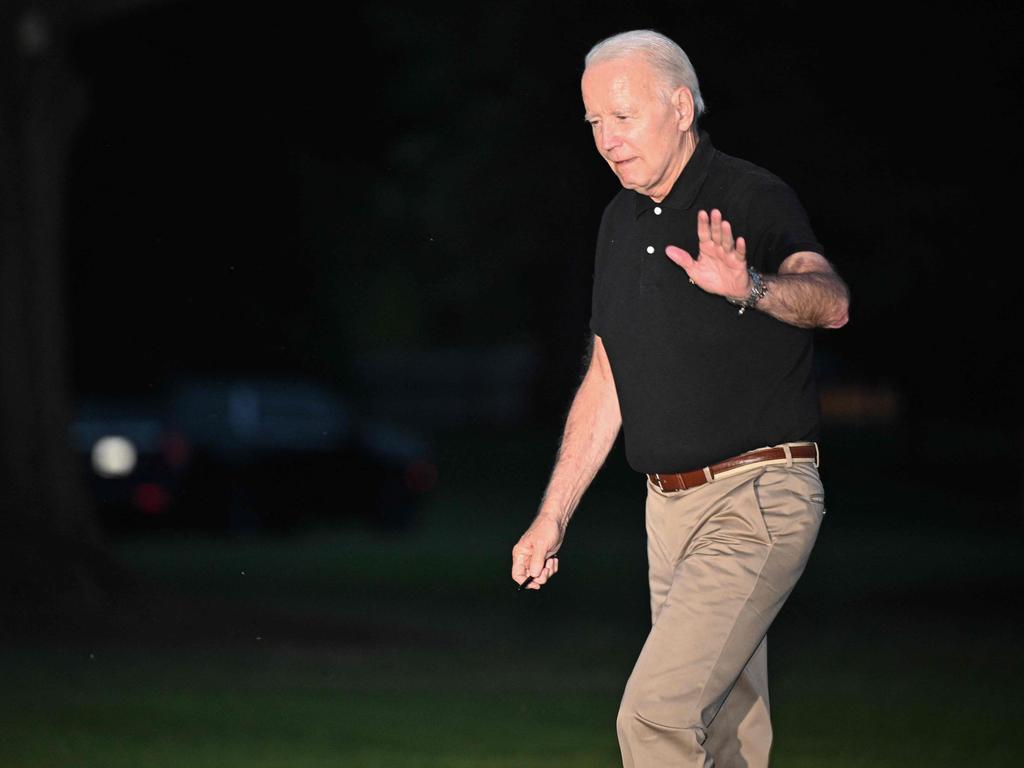Retreat of mercenary Wagner group leaves ruin in its wake for Russia
The regular Russian army must fight for Bakhmut alone as mercenaries pull out.
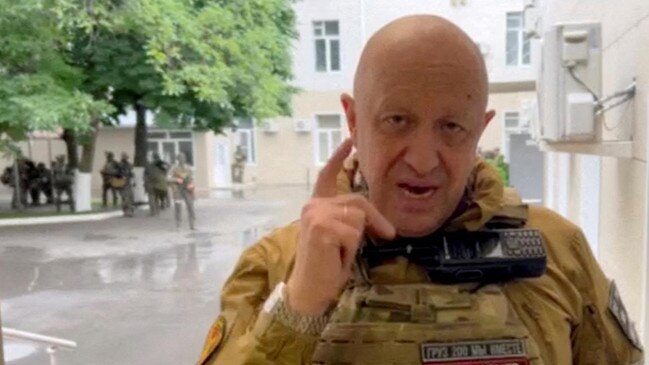
For more than a year, the woods around Bakhmut have popped with the sound of artillery.
A drive on any day along the country roads leading from the town to other, bigger cities would reveal tanks hiding in hedgerows and cannons draped with camouflage netting in the undergrowth.
The roads are what gives the town importance. Whether that is worth the tens of thousands of lives shed to conquer or defend it is something only the war’s outcome will decide.
Still it goes on. Now it is the Ukrainians who are advancing, unwilling to accept Bakhmut’s loss in May, the Russians’ only, paltry, victory this year. That was owed to the suicidal determination of Yevgeny Prigozhin’s Wagner mercenaries – and they have been removed from the battlefield.
“We’ve been using two or three thousand rounds a day, so you can tell the intensity,” said Second Lieutenant Oleksandr, an officer with Ukraine’s 22nd brigade, whose battery of Soviet-era howitzers sat in the woods three or four miles from the edge of town.
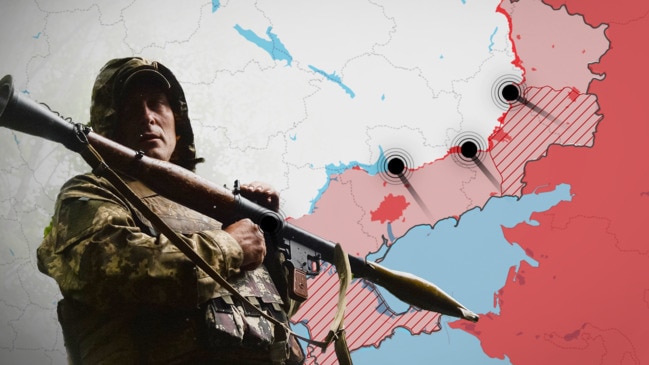
A couple of kilometres across the fields lay the hillside village of Klishchiivka, the current fight zone, whose capture would give the Ukrainians fire control over the whole of Bakhmut.
The Ukrainian infantry is back in streets there that it lost half a year back. The war has become a technical struggle over ever smaller settlements, each side hoping that a loss by the other will lead to a breakdown in morale and a collapse of the lines.
So far, that is a result only the Ukrainians have managed, in Kharkiv last September, and Oleksandr was confident of progress again. His battery uses World War I tactics, smashing the treelines where the enemy are taking refuge, exposing their troops.
Russian artillery was starting to tail off too, Oleksandr said. “A week ago there was a balance – it was one out, one in,” he said. “Now the other side is silent.” As he spoke, though, a pair of “incoming” landed just further up the rise from where his men were digging in.
The Russians approached Bakhmut in May last year, seizing the T1302 road connecting it to Severodonetsk. After overwhelming the city they moved in on Bakhmut itself. The result was a Pyrrhic victory if ever there was one.
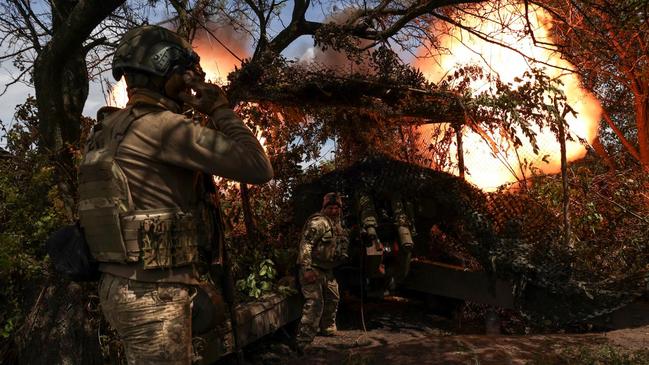
President Zelensky, ignoring advisers who warned that Bakhmut’s strategic significance did not justify the cost in lives, turned it into the war’s Stalingrad. A year later, with Russia’s top brass at each others’ throats, who is to say he was wrong? The Ukrainians clung to the town’s Soviet-built blocks of flats, defending each one as long as possible. When the Russians became bogged down, they handed the attack over to Wagner, which sent Prigozhin’s convict army over the top, pushing forward with full-frontal assaults.
This was the war as experienced by “Call-sign Aztec”, a company commander with Ukraine’s 5th Brigade, who was defending Klishchiivka from Wagner assaults in December. He was one of only 20 men holding the line at one point but he was facing an opponent more desperate than skilled.
“They attacked in daytime because they had no night-vision equipment,” Aztec said. “They would come in waves, 10 men at a time, half an hour apart. We would just mow them down.”
On one occasion, he took a radio operator prisoner and used his set to listen in on the enemy. Their morale was low, Aztec said. They discussed how they could possibly survive when their own officers had set up a firing line to shoot anyone who tried to retreat.
Wagner’s tactics worked but at huge cost, physically to the untrained recruits and psychologically to Prigozhin himself. As he visited the front lines, he became aware of the reality of his operation. Even he could not turn his gaze from the piles of bodies.
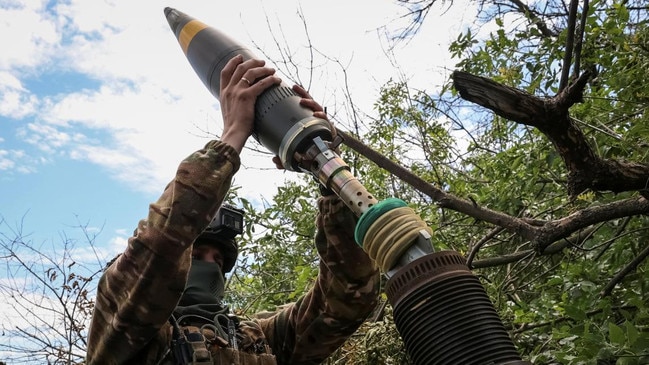
By the time Wagner crossed the river that bisects Bakhmut, he was being filmed standing amid the corpses, berating the Kremlin for its incompetence. By the end, he was plotting mutiny. It may have ended on the road to Moscow but it began with Zelensky’s decision to defend Bakhmut to the last.
Wagner has since disappeared. The Pentagon claims that its forces have withdrawn from fighting and President Putin has admitted that Wagner’s future role was “not an easy question”.
So, the regular Russian army is back in Bakhmut – and is retreating again.
Aztec’s men are on the offensive around Klishchiivka, the village he was defending seven months ago. Last week, his men charged forward nearly two miles in three days. One night they bedded down in a deep, secure trench system – dug in fighting here in 2014, the first round of the conflict.
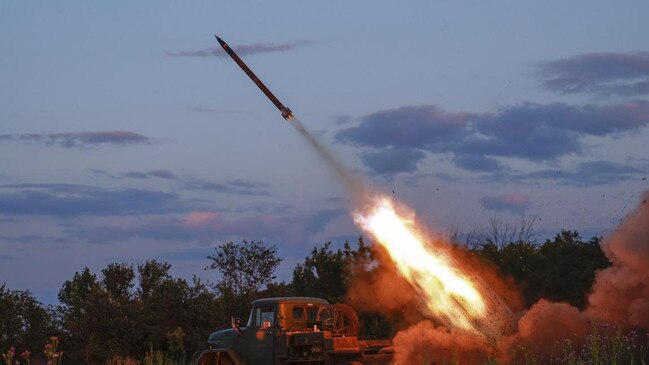
This was the week after Prigozhin’s day of rage in Rostov-on-Don. The start of the Ukrainian advance was the mutiny’s final trigger. “The troops are slowly falling back,” Prigozhin shouted in one of his videos. “What a disgrace! Shoigu, Gerasimov, I urge you to come to the front, raise your pistols at your men to make them go forward.”
Sergei Shoigu, the Russian defence minister, and Valery Gerasimov, the chief of staff, are still in post. Prigozhin’s future is up for debate.
Meanwhile, Aztec fights on. There will be one change, however, in the nature of this otherwise repetitive battle: no one expects the Ukrainian side to try to storm Bakhmut itself. They will instead pulverise what is left of it with their Western-supplied artillery until the Russians leave.
There is no point in dying for Bakhmut. It hardly exists. “We would lose too many men,” Aztec said. “And for why? It is destroyed already.”
The Times


